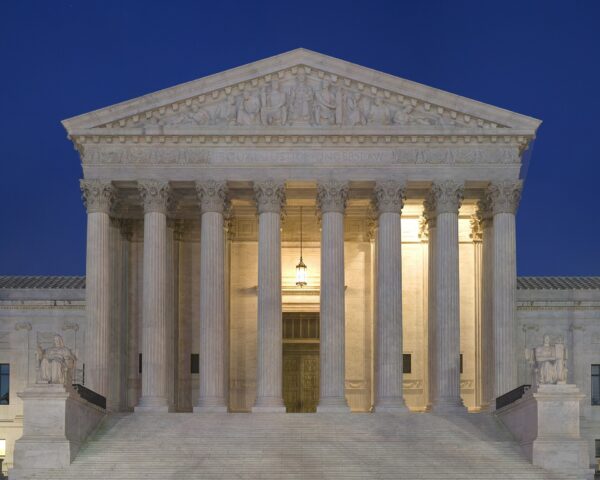The Supreme Court of the United States, led by Chief Justice John Roberts, has reportedly now temporarily blocked a lower court’s order that required the return of Kilmer Abrego Garcia, a Salvadoran national who was erroneously deported.
The ruling, issued on April 7, 2025, came after the Trump administration requested a stay on the district court’s decision, which mandated Garcia’s return to the U.S. by midnight.
Garcia, 29, was deported to El Salvador in March due to an “administrative error” and subsequently placed in a major prison there.
U.S. Immigration and Customs Enforcement (ICE) officials have indicated that he is a suspected member of the MS-13 gang and has a standing deportation order from an American judge dating back to 2019.
Notably, this judge previously expressed concerns for Garcia’s safety, advising against his deportation to El Salvador.
In his order, Chief Justice Roberts stated that the April 4 decision from the U.S. District Court of Maryland was stayed pending further review.
He instructed Garcia’s attorneys to submit a response by 5 p.m. on April 8, 2025.
The Trump administration argued that allowing the lower court’s ruling to remain in effect could set a precarious precedent regarding immigration enforcement policies.
The potential implications of this case highlight the ongoing complexities and legal challenges surrounding immigration law in the U.S.
The SCOTUS decision reflects the judiciary’s intricate balancing act between individual rights and the broader implications for national immigration strategy.
As the situation develops, the administration’s stance and the court’s final determination will significantly impact Garcia’s future and the precedents set for similar cases.
[READ MORE: Trump Contemplates Sending U.S. Inmates to Notorious Prison in El Salvador]








